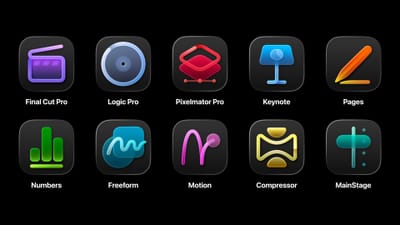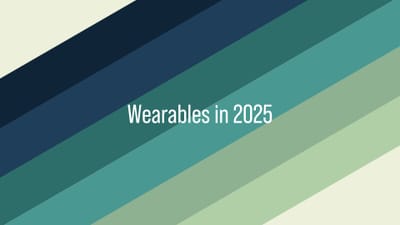It’s a Game Console, it’s a Theme Park, are You Getting It?

Part of being an iPad fan over the past year has been dealing with people comparing your chosen computing platform to being indistinguishable from a gamer console, and that it’s like living in a theme park rather than the real world. The underlying message is always clear though: these are not actual computers, they’re accessories…niceties that augment your real work. This may not be the overt intent of people who use these metaphors, but it’s the message being delivered.
My Perspective
I run my freelance business from the iPad. I write, I email clients, I create legal documents, I schedule meetings, I take those meetings, I code, and more, all from an iPad Pro. Some of those things are better on a Mac, and for those things I’m fortunate enough to have a Mac in my life I can use for that too, but the fact remains that I use my iPad whenever possible, and my Mac only when I have to. It’s not a slight against the Mac, I just prefer the iPad.
There are technical reasons that an iPad is not able to do some things that a Mac can do, but there are plenty of things that my iPad can not do because Apple has decided they don’t want me doing it. And I’m not talking about Apple protecting consumers from scam apps, full on malware, or pirated content, I’m talking about Apple not allowing Microsoft from distributing Game Pass streaming on the App Store. I’m talking about Apple determining that Basecamp could not distribute Hey last year (side note, Big Mail came out this week and also blocks you from doing anything in the app until you subscribe to a recurring payment, but apparently that’s cool now even though that is what blocked Hey last year).
I find it fascinating to see the same voices who have bemoaned web apps for a decade and have publicly said they will never use a web app when there is a native app alternative, to then say “why are these companies complaining, the whole web is there, do a web app.”
So What Do I Want? Side-loading?
I personally think the next step for Apple is to update their App Store policies in a few key ways so that consumers can get what they want, companies can run their businesses in confidence, and so that Apple can add value to their platform by enabling more software from more voices to be used on their platforms.
To be very clear, I am not suggesting side-loading is how we make this happen. The App Store model has brought value to Apple, consumers, and developers alike. I don’t wish to throw all those benefits away because frankly we’re all doing better off because of some key elements of the App Store model.
What I Actually Want
- App Store rules are laser-focused on protecting consumers from scams, malware, piracy, and maybe hate speech. Everything else ought to be allowed on the store. A company’s business model, as long as it’s not an overt scam, should should no longer be a reason to be blocked from the App Store.
- Alternate payment methods must be allowed for apps. This could even be done via a Payments API in iPadOS/iOS that ensures customers get a consistent, user-friendly experience. If Apple prefers to prefer their own payments, then maybe they simply let apps link out to the web to set up an account. If Apple’s cut is warranted, then the market will force developers to keep using their system, right?
And that’s it. I’m sure there are more things other people will suggest, and I may support those as well, but these are the two things I really want to see from Apple that will help make them look better to consumers, empower more businesses, and maybe most importantly, cool off legislators. Legislators on both sides of the aisle are already fired up, but if Apple can make consumers, developers, and merchants happy, then they can reduce the political will to make sweeping changes that would be even more harmful to their core business.

